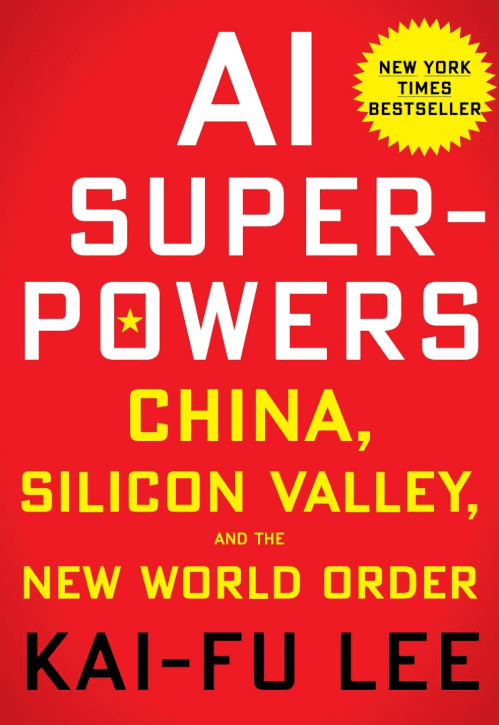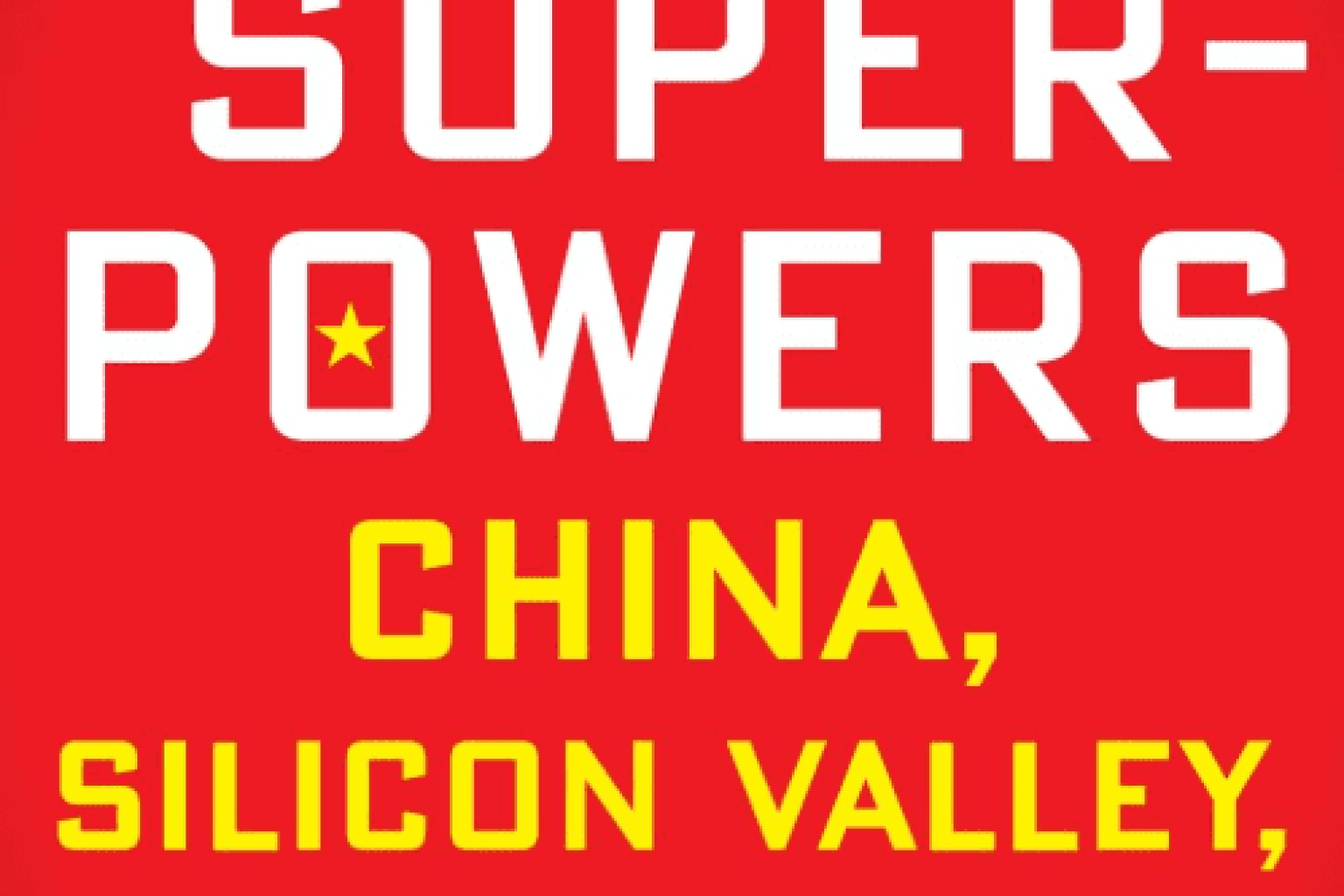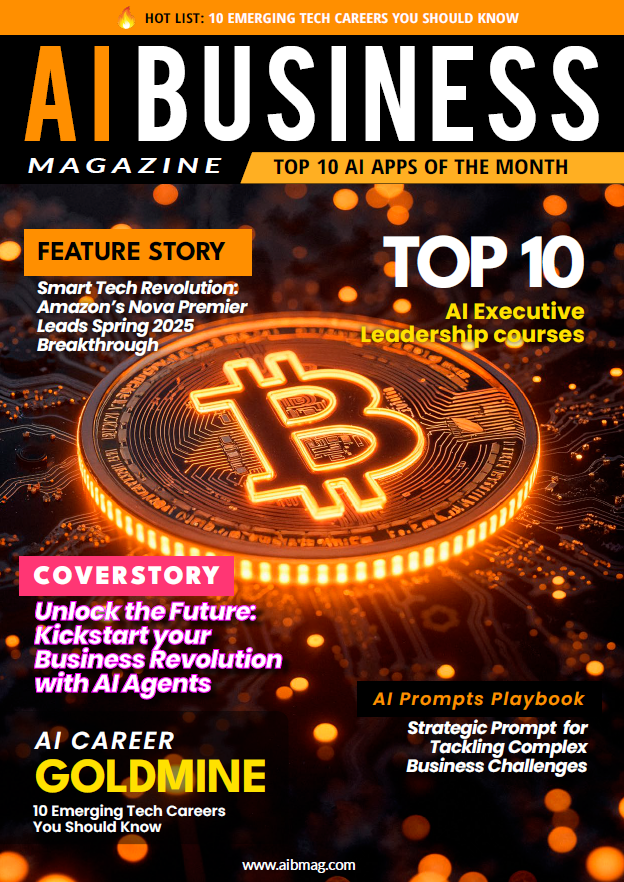Real-World AI Books for Today’s Business
The global artificial intelligence landscape has shifted dramatically in recent years. What started as a race between tech giants has evolved into a broader economic and geopolitical competition that affects every business sector. For leaders trying to navigate this complex environment, understanding both the strategic implications and practical economics of AI adoption has become essential.
At AI Business Magazine, we’re seeing more organizations enter what we call AI mode a mindset where AI is no longer an experiment, but a core part of how decisions are made, products are built, and markets are approached. This month, we’re examining two books that provide crucial perspectives on AI’s impact on business and society. These works come from experts who understand both the technical realities and the broader economic forces shaping the AI revolution.
AI Superpowers: China, Silicon Valley, and the New World Order
By Kai-Fu Lee

AI Superpowers emerged from Kai-Fu Lee’s unique position as an AI pioneer, China expert, and venture capitalist who previously held executive positions at Apple, SGI, Microsoft, and Google before creating his own company, Sinovation Ventures. Published in 2018, this New York Times, USA Today, and Wall Street Journal bestseller addresses the rapid emergence of China as a major AI power and what this means for global business competition.
What makes this book particularly compelling is Lee’s argument that China has suddenly caught up to the US at an astonishingly rapid and unexpected pace in AI development. His insider perspective from working at major tech companies in both the US and China provides unique insights into the different approaches, strengths, and competitive advantages each region brings to AI development.
The book draws from Lee’s thirty years of pioneering work in artificial intelligence at Google China, Microsoft, Apple and other companies, giving readers access to insights that few other authors can provide. Lee’s experience spans both the technical development of AI systems and the business strategies needed to scale them globally, making this an essential read for anyone trying to understand the emerging AI economy and how it’s reshaping industries worldwide.
The New AI Competition
Lee’s central thesis revolves around the emergence of a bipolar AI world dominated by the United States and China. Unlike previous technological competitions that unfolded over decades, AI development is creating rapid shifts in competitive advantage that can reshape entire industries within years.
The book excels at explaining how China’s different approach to AI development, focused on implementation and scale rather than pure research, has created unexpected competitive advantages. Lee provides concrete examples of how Chinese companies have leveraged massive user bases, aggressive data collection, and rapid iteration to build AI applications that rival or exceed American innovations.
This perspective helps business leaders understand that AI competition isn’t just about having the best algorithms or the most advanced research. Success depends on execution, market understanding, and the ability to deploy AI solutions at scale. These insights prove crucial for companies trying to compete in an increasingly AI-driven global economy.
Strategic Implications for Business
The book’s strength lies in its analysis of how the US-China AI competition affects businesses worldwide. Lee explores how different regulatory environments, cultural attitudes toward privacy, and business models create distinct AI ecosystems in each region.
For multinational companies, this analysis provides essential context for developing AI strategies that work across different markets. Lee explains why AI solutions that succeed in one region may fail in another, and how companies can adapt their approaches to local conditions while maintaining global competitiveness.
The book also addresses the broader implications as the US-Sino AI competition begins to heat up, urging both countries to accept and embrace the great responsibilities that come with significant technological power. This geopolitical dimension affects how companies can access AI technologies, partner with international firms, and navigate export controls and regulatory restrictions.
Preparing for AI Disruption
Lee argues powerfully that because of unprecedented developments in AI, dramatic changes will be happening much sooner than many of us expected. This acceleration creates both opportunities and challenges for business leaders who must prepare their organizations for rapid transformation.
The book provides practical guidance on positioning companies for success in this new environment. Lee outlines what businesses need to understand about AI development cycles, talent acquisition, and strategic partnerships. His recommendations come from observing how successful companies in both the US and China have built sustainable AI capabilities.
Despite warnings about AI’s disruptive potential, the book is ultimately optimistic that the complementarity between humans and AI can lead to productive human-AI coexistence. This balanced perspective helps leaders think about AI implementation in ways that strengthen rather than threaten their organizations’ human capabilities.
Available on Amazon: Click here






